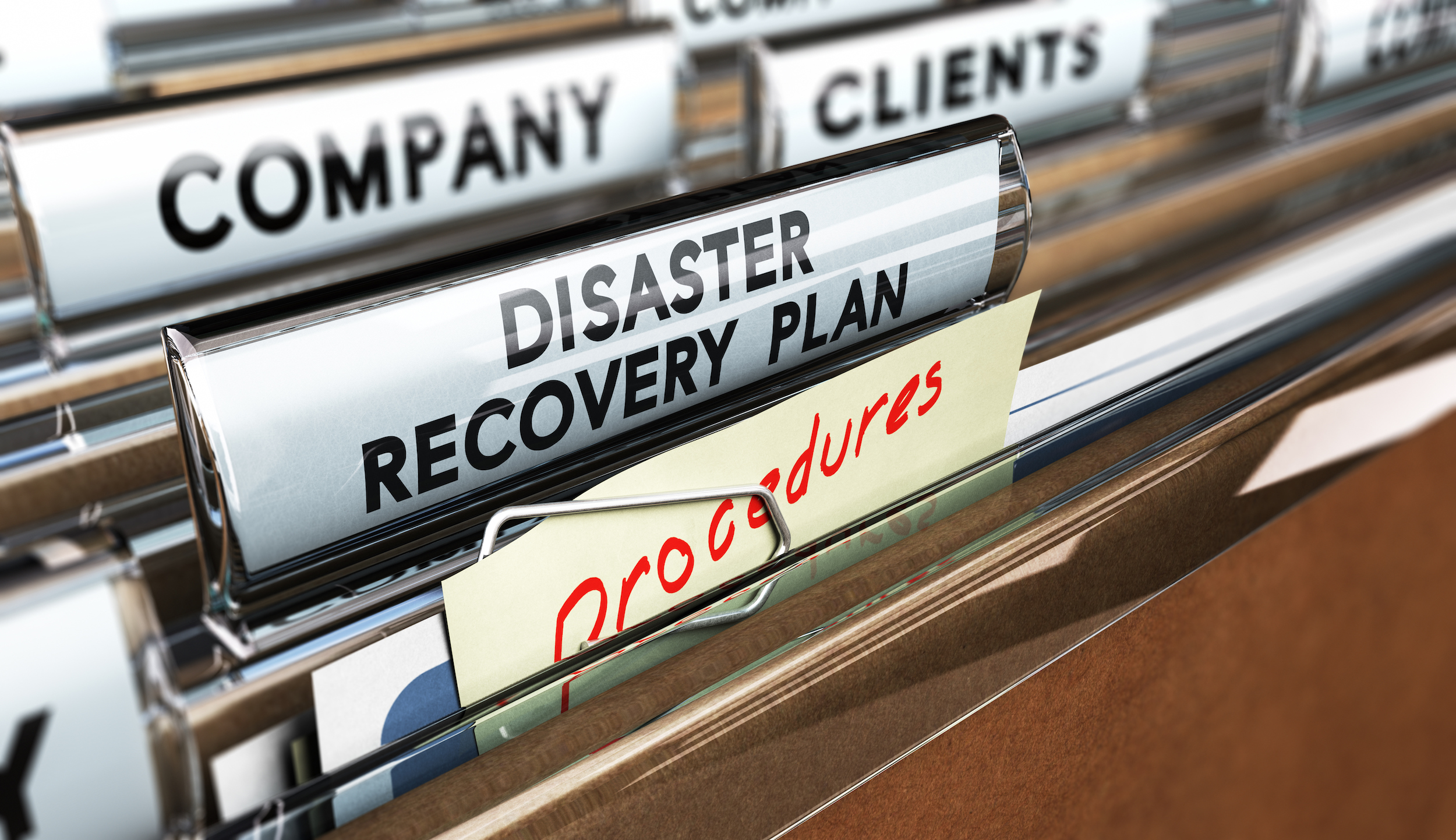
Greenwashing
By: Andrea Trapani
It really ISN’T easy being green. At least, it shouldn’t be.
“Greenwashing” — the practice of falsely claiming to be “green” — presents the same risk inherent in any PR messaging, when that messaging is disconnected from reality. Savvy customers and potential business partners can smell perfidy a mile away. Of the 1,018 green-advertised products recently reviewed by TerraChoice Environmental Marketing, all but one were found to be fraudulent, misleading or exaggerating.
If a company claims to be green, it must truly be green. It is not enough to simply claim an existing business practice as “green,” simply to jump aboard the sustainability bandwagon. If your company recycles its discarded paper, your company is an upstanding ecological citizen, but it’s not green. If your building just happens to be energy-efficient, you are environmentally friendly, not green. If your product is made from recycled materials, but requires wasteful resources to transport and manufacture it, you are not green.
However, if your company has made a corporate-wide commitment to transforming the way you do business in an environmentally conscious and meaningful way, completely modernized your business processes to make them ecologically friendly, and instituted employee incentives to minimize energy consumption, maximize resources, and foster sustainability, you just might be able to rightfully claim to be a truly green organization.
But your commitment to being green should at least approach activism to justify using it as a central component to external messaging. Despite countless corporations claiming “me too” to exploit a favorable media narrative, it really isn’t easy being green. But if it truly is your company’s passion, that shouldn’t matter. It will be its own reward, and PR positioning won’t ever factor into your strategy.


